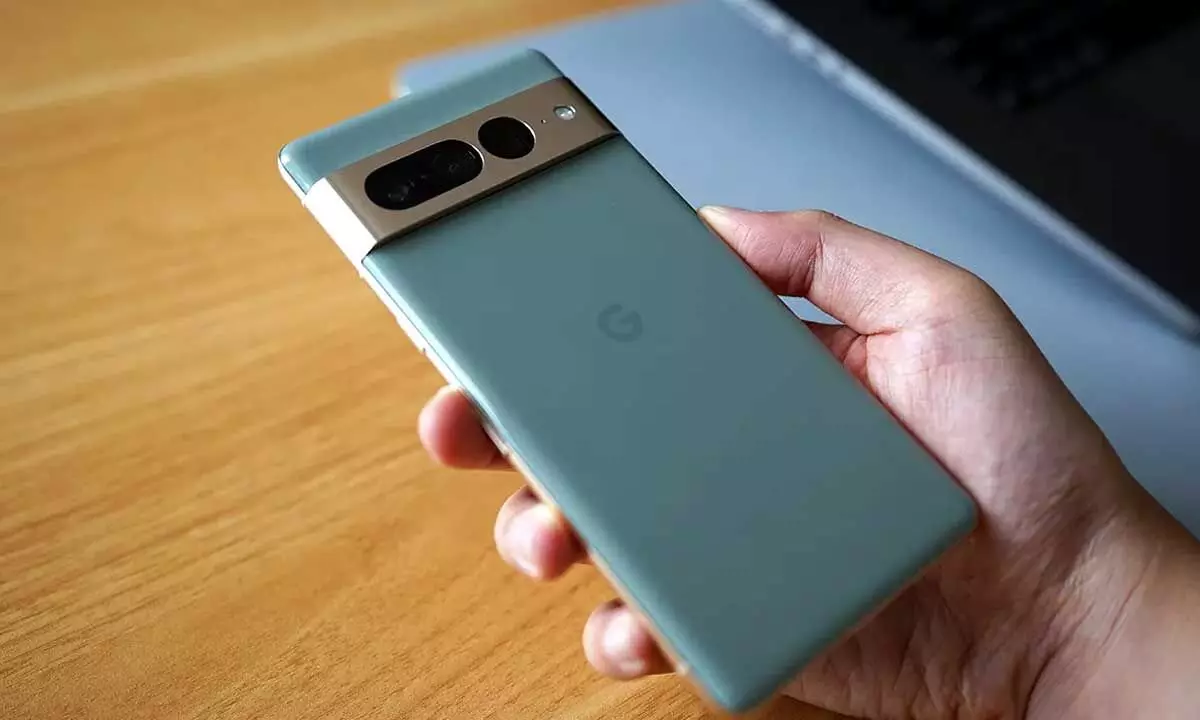Google Confirms Gemini Nano Unavailable on Pixel 8 Due to Technical Issues

Google announces Gemini Nano's exclusion from Pixel 8 due to hardware limitations but aims for wider device integration soon.
Google unveiled the Pixel 8 during its annual Made By Google event last October, marking a significant advancement in smartphone technology. Among the anticipated features was the integration of Gemini Nano, a powerful language model (LLM) designed to streamline everyday tasks. However, recent updates from Google confirm that Gemini Nano will not be available on the Pixel 8 due to certain technical constraints.
The announcement was made during a recent episode of The Android Show, where a member of Google's Android generative AI team addressed inquiries regarding Gemini Nano's compatibility with the Pixel 8. According to the discussion, the decision was influenced by hardware limitations specific to the Pixel 8 smartphone. Despite this setback, Google remains committed to expanding the availability of Gemini Nano to a broader range of devices, with a particular focus on high-end models in the near future.
Interestingly, the Pixel 8 Pro, sharing the same Google Tensor G3 chipset as the Pixel 8, can accommodate Gemini Nano. The primary distinction between the two devices lies in their RAM capacity, with the Pixel 8 featuring 8GB and its Pro counterpart boasting 12GB. This disparity underscores the intricate hardware requirements for seamless integration of advanced features like Gemini Nano.
In a significant development last February, MediaTek updated its Dimensity 8300 and 9300 chipsets to support Gemini Nano. This breakthrough paves the way for the potential integration of Gemini Nano into forthcoming devices utilizing these chipsets, including the iQOO Neo 9 Pro, Oppo Reno 12, Poco X6 Pro 5G, and Tecno Phantom V2 Fold.
Shifting focus to the Pixel 8's specifications, the device maintains the iconic design elements of its predecessors while introducing subtle refinements. Notably, the Pixel 8 features curvier edges and a slightly smaller form factor than the Pixel 7. The smartphone boasts a 6.2-inch Actua display with a 120 Hz refresh rate, offering enhanced visual clarity with 2,000 nits of peak brightness and Gorilla Glass Victus protection.
Under the hood, the Pixel 8 is powered by Google's Tensor G3 chipset, promising heightened performance and efficiency. The device also significantly upgrades its camera capabilities, featuring a 50-megapixel Octa-PD main camera, 8x Super-Res digital zoom, and a 12-megapixel sensor equipped with autofocus and Macro capabilities. Additionally, the front-facing camera delivers crisp selfies and video calls with its 10.5-megapixel resolution.
Regarding battery life, the Pixel 8 houses a robust 4,575 mAh battery, supporting 27W fast wired charging and 18W wireless charging. Notably, Google has opted not to include a charger in the retail package, aligning with the company's sustainability initiatives while offering consumers flexibility in their charging preferences.
In conclusion, while the absence of Gemini Nano on the Pixel 8 may disappoint some, Google's ongoing efforts to expand its compatibility underscore the company's commitment to delivering innovative technologies across its product ecosystem. As advancements continue, users can anticipate even greater integration of cutting-edge features into future devices, enhancing the overall user experience.










